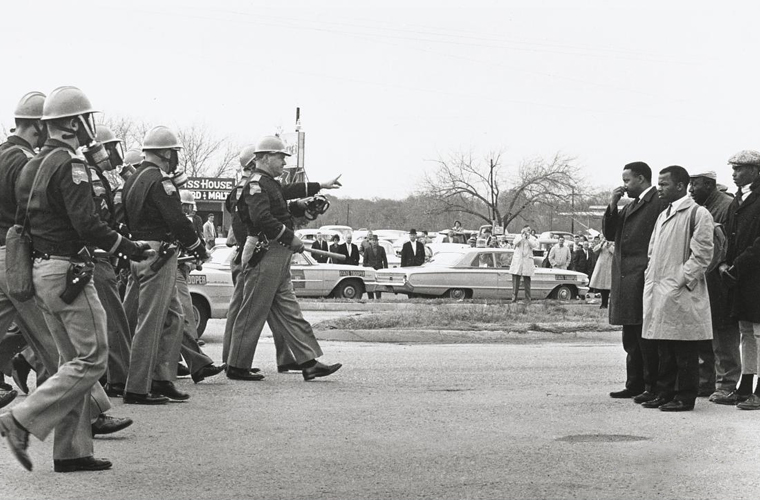In 1965, the “Bloody Sunday” event took place in Alabama, marking a significant moment in the civil rights movement. On March 7th of that year, a group of civil rights marchers, led by John Lewis and Hosea Williams, attempted to march from Selma to Montgomery to protest the denial of voting rights to African Americans. As they crossed the Edmund Pettus Bridge in Selma, they were met by state troopers and local law enforcement officers who brutally attacked the peaceful demonstrators with clubs and tear gas. The violent crackdown was captured on television and shocked the nation, bringing attention to the injustices faced by African Americans in the South.
The events of Bloody Sunday galvanized public support for the civil rights movement. They ultimately led to the passage of the Voting Rights Act of 1965, which aimed to overcome legal barriers at the state and local levels that prevented African Americans from exercising their right to vote as guaranteed by the 15th Amendment to the United States Constitution. The courageous actions of those who participated in the march and the brutality they faced catalyzed change, highlighting the urgent need for legislative action to protect the voting rights of all citizens.
The legacy of Bloody Sunday endures as a reminder of the sacrifices made by those who fought for equality and justice during the civil rights era. The events of that day continue to serve as a poignant example of the power of nonviolent protest and the resilience of those who stood up against oppression. Bloody Sunday remains a pivotal moment in American history, demonstrating the impact of grassroots activism and the enduring struggle for civil rights.


